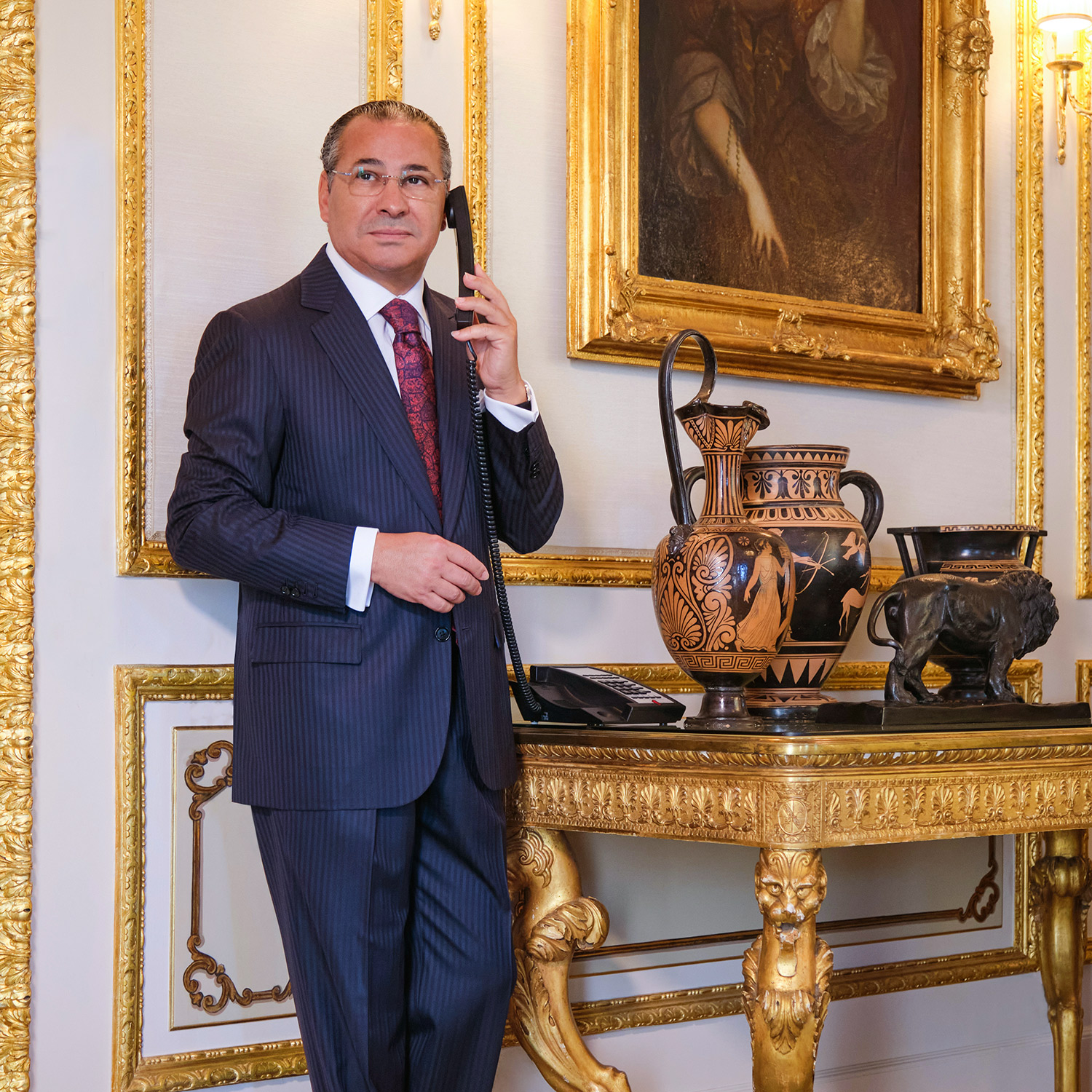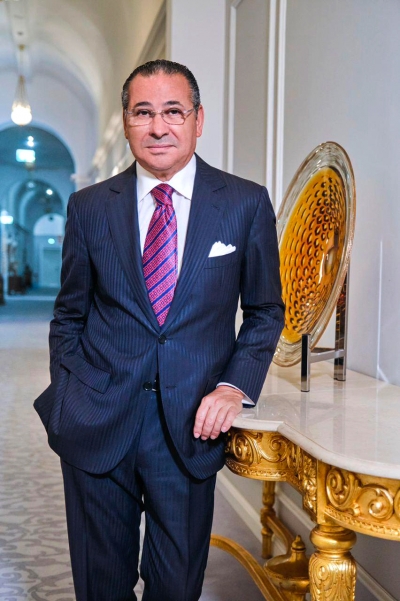
To say that 2016 was an unexpectedly eventful year for politics is an understatement worthy of Watson and Crick’s when they first discovered the structure of DNA. After all, this was the year that saw many liberal principles challenged under a wave of populism. Take Britain’s dramatic exit from the European Union for example or Donald Trump’s unprecedented rise to claim the United States Presidency. Both events, however, have echoes around the globe, as the swinging of the political pendulum now appears to be taking global geopolitics towards more strident forms of nationalism.
History never fails to teach us, if we are apt to listen, that the loss of liberal values, be they democratic or social, will always lead to intolerance, radicalism and in the worst examples, the persecution and marginalisation of the more vulnerable elements present in any given society. Sadly, as we are now seeing in Europe and the U.S. this principally means immigrants fleeing from war-torn areas battered by conflict or poverty, often both. Furthermore, terrorism has made us afraid to accept the very people who can enrich our culture, the very people who helped to build such nations as the United Kingdom and the United States.
Indeed, one could easily argue that without the free movement of labour, capital and goods among nations there would be no free market and none of the global trade agreements that have allowed both advanced and developing economies to advance. In choosing to portray immigrants as radicalised fundamentalists rather than honest economic migrants in search of a better future, we are seriously straying from the fundamental and inalienable human right of a person to search for protection or opportunity in another country. We also risk endangering the fundamental ‘obligation to respect, protect and fulfil the human rights of all individuals’ under any given jurisdiction and regardless of provenance.
Intolerance also has another equally insidious side, that of economic protectionism. When countries advocate and adopt strict foreign trade policies then we can be sure that schisms and divisions between nations will surely follow. It is difficult to negate the correlation between solid business relationships and deeper cooperation on bilateral, regional and global issues, this is why it would be folly for nations to turn inwards and ignore the steady improvements made thus far by destroying the trust that took decades to build. My current fear is that all of the hard work and dedication undertaken in the past by politicians and diplomats of all persuasions to promote greater cooperation and dialogue between nations may now be compromised.
Where once a sworn enemy could become an economic partner, now we will only see withdrawal and mental walls being constructed aside those made from bricks and mortar. During these difficult and uncertain times, we ought to take both comfort and warning from the past and address the complex challenges inherent in the establishment of binding multilateral agreements, which are arguably the ideal instruments to provide a non-discriminatory framework for political and economic unity. In the absence of international consensus, it will be very difficult to live in a world of liberalised international trade.
In addition, I have always maintained that dialogue and cultural awareness are key to the foundation of stable social, economic and political systems, simply because they are based on the principles of unity, faith, discipline, tolerance and respect. By excluding and ostracising migrants and immigrants, we make it easier to marginalise them, which in turn makes them vulnerable to derogation and exploitation, either upon arrival into a new country or from human traffickers before they even make their destination. Critically, however, exclusion leads to the ghettoisation of immigrant minorities and if nations fail to embrace diversity but rather promote or permit extreme nationalist zealotry, ethno-nationalism and bigotry from all sides of the population, then ethnic separation, whether accidental or deliberate, will result in conflict and make social and economic integration all but impossible.
In short, the ideal conditions for extremist ideology to foment on all fronts. I have confidence in the younger generation’s ability to make a success out of this generations failures, but we must take heed of the warning signs now before it’s too late to make a real difference. We have to vouchsafe the laws and institutions that allow each nation to prosper and grow rather than push through discriminatory policies that antagonise all but a very vocal minority. In short, now is a time to stand united as divided we can but fall.
Kamel Ghribi



